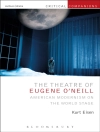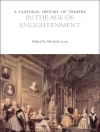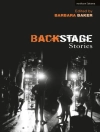Álex de la Iglesia, initially championed by Pedro Almodóvar, and at one time the enfant terrible of Spanish film, still makes film critics nervous. The director of some of the most important films of the Post-Franco era – Acción mutante, El día de la bestia, Muertos de risa – receives here the first full length study of his work. Breaking away from the pious tradition of acclaiming art-house auteurs, The cinema of Álex de la Iglesia tackles a new sort of beast: the popular auteur, who brings the provocation of the avant-garde to popular genres such as horror and comedy.
This book brings together Anglo-American film theory, an exploration of the legal and economic history of Spanish audio-visual culture, a comprehensive knowledge of Spanish cultural forms and traditions (esperpento, sainete costumbrista) with a detailed textual analysis of all of Álex de la Iglesia’s seven feature films.
Mục lục
Introduction
1. Acción mutante: against the conspiracy of boredom
2. El día de la bestia: comedy, sub-cultures, televisión
3. Perdita Durango: the body, sex, and Mexico
4. Muertos de risa: comedy, television, history
5. La comunidad: modernity and the cinematic past
6. 800 balas: undoing the ignominy of boyhood
7. Crimen ferpecto: the mise-en-scène of mise-en-scène
Conclusion
Filmography
Giới thiệu về tác giả
Peter Buse is Lecturer in English and a member of the European Studies Research Institute at the University of Salford












